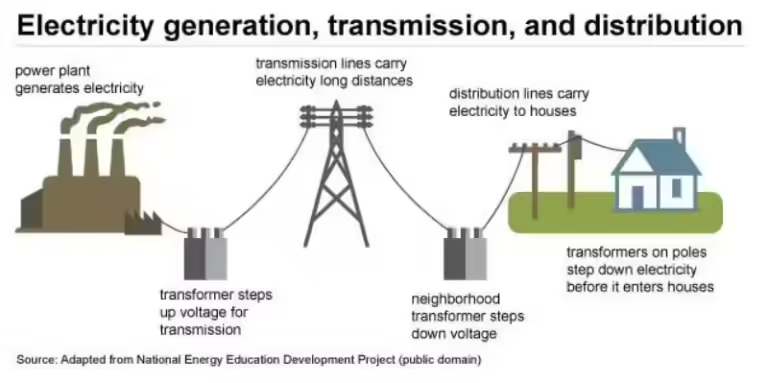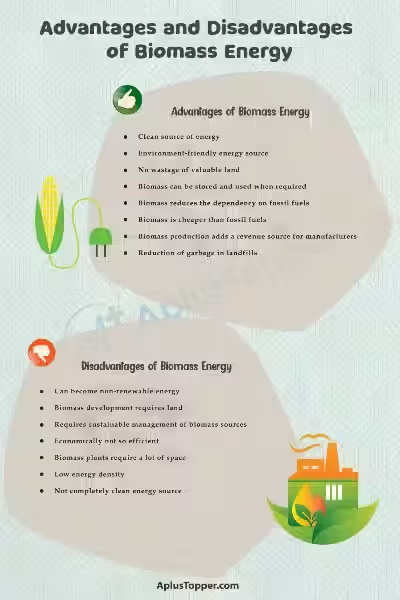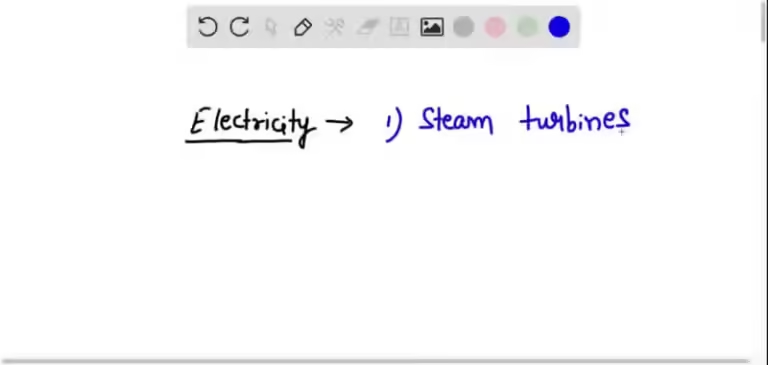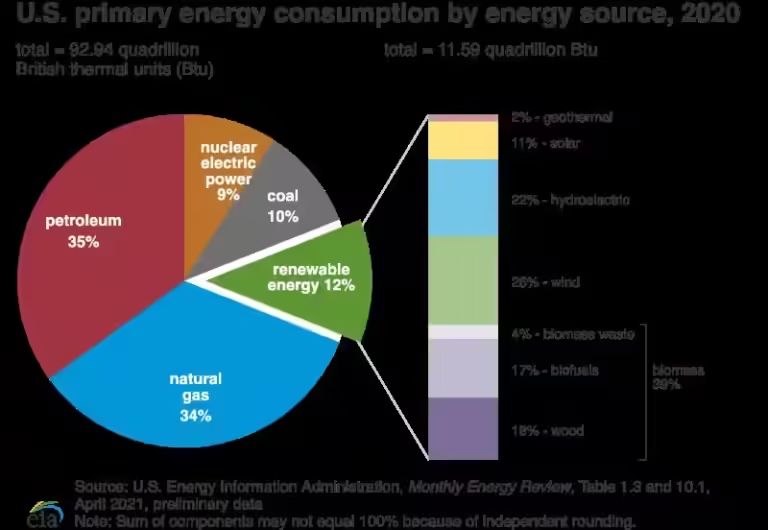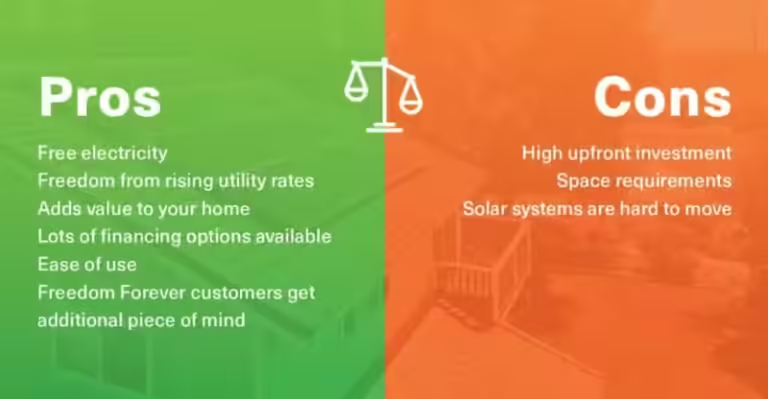Hydropower: A Sustainable Energy Source with Advantages and Challenges
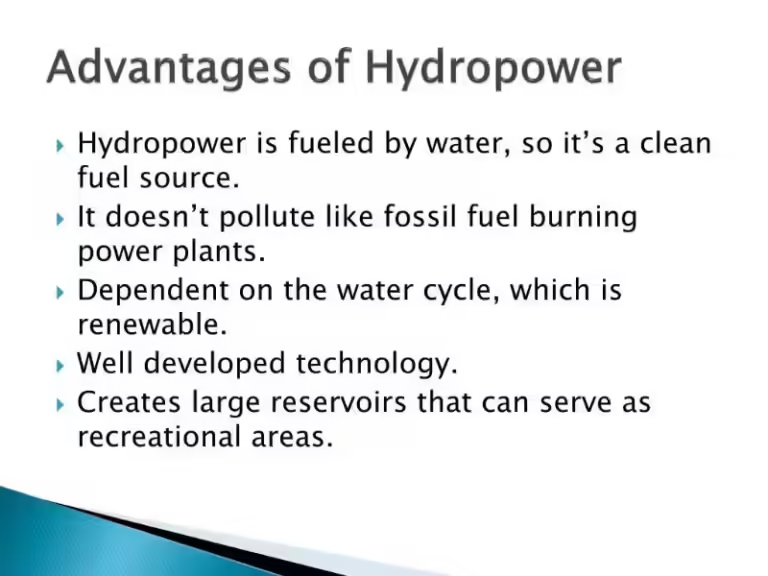
Hydropower, the generation of electricity from the kinetic energy of flowing water, has been a vital energy source for centuries. As a renewable energy resource, hydropower offers numerous advantages, but its implementation also presents challenges that must be carefully addressed.
Advantages of Hydropower: A Look at the Bright Side
Hydropower stands out as an attractive energy source due to its numerous benefits:
Cost-Effectiveness: A Long-Term Investment
While the initial construction of hydropower facilities can be expensive, these projects provide long-term cost savings through low operating and maintenance costs. Once a dam is built, the electricity generated is relatively inexpensive, making it a financially viable energy solution over the long haul.
For example, a hydropower dam can operate for decades with minimal maintenance, requiring only occasional inspections and repairs. This reduces the overall cost of electricity production compared to fossil fuel plants that require constant fuel purchases and upkeep.
Local Economic Benefits: Fueling Growth
Hydropower facilities create local job opportunities during construction and throughout their operational lifespan. The economic impact extends beyond the energy sector as workers and businesses in surrounding communities benefit from the increased economic activity.
Furthermore, hydropower reduces the need for imported energy sources, contributing to energy independence and local economic growth. By generating electricity locally, communities can rely less on external energy supplies, strengthening their economic resilience.
Multi-Purpose Applications: Beyond Electricity
Hydropower reservoirs serve as multi-purpose infrastructure, providing numerous benefits beyond electricity generation. These reservoirs can be used for irrigation, flood control, and recreational activities, enhancing the overall well-being of surrounding communities.
For instance, a hydropower reservoir can provide water for agriculture, reducing reliance on rainfall and ensuring consistent crop yields. The reservoir also serves as a buffer against floods, mitigating potential damage to downstream communities. These additional benefits make hydropower a highly versatile and valuable resource.
Clean and Renewable: A Sustainable Choice
Hydropower is a clean energy source, emitting no greenhouse gases during operation. It contributes significantly to reducing carbon emissions, a crucial step towards mitigating climate change.
Unlike fossil fuel plants that release pollutants into the atmosphere, hydropower relies on the natural water cycle, making it a renewable and environmentally friendly energy source. Its clean operation aligns with the global goal of transitioning to a sustainable energy future.
Complementing Other Renewables: A Holistic Approach
Hydropower's ability to store energy makes it a valuable complement to other renewable sources like solar and wind energy. These sources are intermittent, meaning their output fluctuates depending on weather conditions.
Hydropower can store excess energy generated by solar and wind power, providing a reliable energy supply even when these sources are not producing at their peak. This storage capacity ensures a consistent flow of energy to the grid, addressing the intermittency challenges of other renewable sources.
Challenges of Hydropower: Balancing Benefits and Impacts
While hydropower offers significant advantages, its implementation comes with challenges that must be carefully considered:
Environmental Impact: A Complex Issue
Dam construction can disrupt river ecosystems, affecting fish migration, water quality, and overall biodiversity. The alteration of natural river flows can lead to habitat loss and changes in aquatic life, raising concerns about environmental sustainability.
For example, building a dam can block fish migration routes, preventing them from reaching their spawning grounds. This can significantly impact fish populations and disrupt the delicate balance of the river ecosystem.
High Construction Costs: A Financial Barrier
Building large hydropower facilities requires significant upfront investment, making them a costly endeavor. The cost of land acquisition, dam construction, and infrastructure development can be substantial, presenting a financial barrier to widespread implementation.
These high costs can limit the development of hydropower projects, particularly in regions with limited financial resources. Finding the right balance between financial feasibility and environmental sustainability is crucial for successful hydropower development.
Limited Availability: A Scarce Resource
Finding suitable sites for dam construction is becoming increasingly challenging due to environmental constraints and limited available space. As more sites are developed, the cost of construction rises, further limiting the potential for hydropower expansion.
The scarcity of suitable sites highlights the need for careful planning and responsible development strategies to ensure the long-term sustainability of hydropower.
Hydrological Dependence: A Weather-Related Vulnerability
Hydropower output is directly tied to precipitation and weather patterns, making it vulnerable to droughts and impacting reliability. During periods of low rainfall, the water flow in rivers decreases, reducing the amount of electricity generated by hydropower facilities.
This dependence on weather conditions can lead to energy supply disruptions and necessitates the development of alternative energy sources to ensure a consistent energy supply.
Conclusion: A Sustainable Future with Hydropower
Hydropower holds significant potential as a sustainable energy source, providing numerous economic and environmental benefits. However, its implementation requires careful consideration of potential environmental impacts and financial constraints. Balancing the advantages and disadvantages of hydropower is essential for a responsible and sustainable energy future.
By prioritizing environmental protection, optimizing construction methods, and exploring innovative technologies, hydropower can continue to play a vital role in meeting the world's growing energy demands while contributing to a cleaner and more sustainable future.
Frequently Asked Questions about Hydropower
What is an advantage of hydropower?
Hydropower is cost-effective, with low-cost electricity production due to minimal ongoing maintenance.



